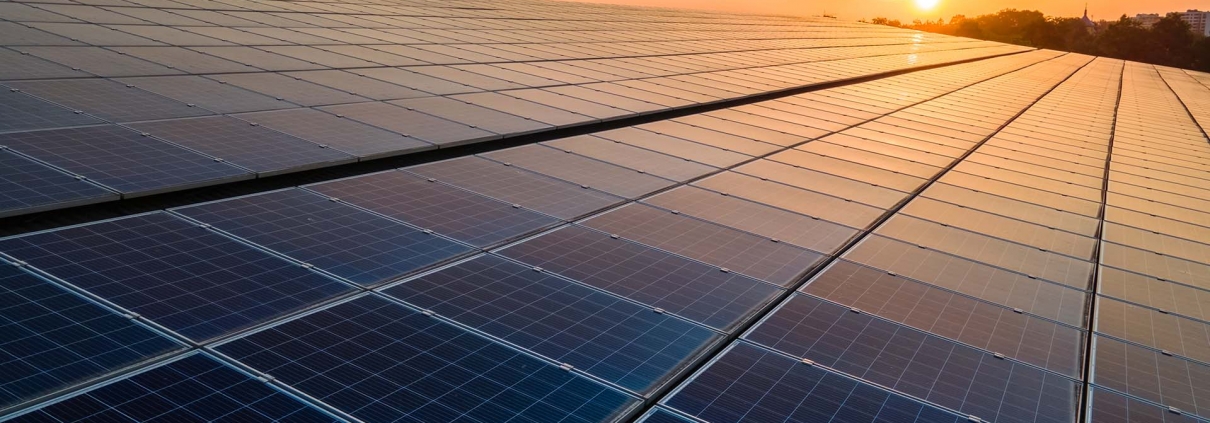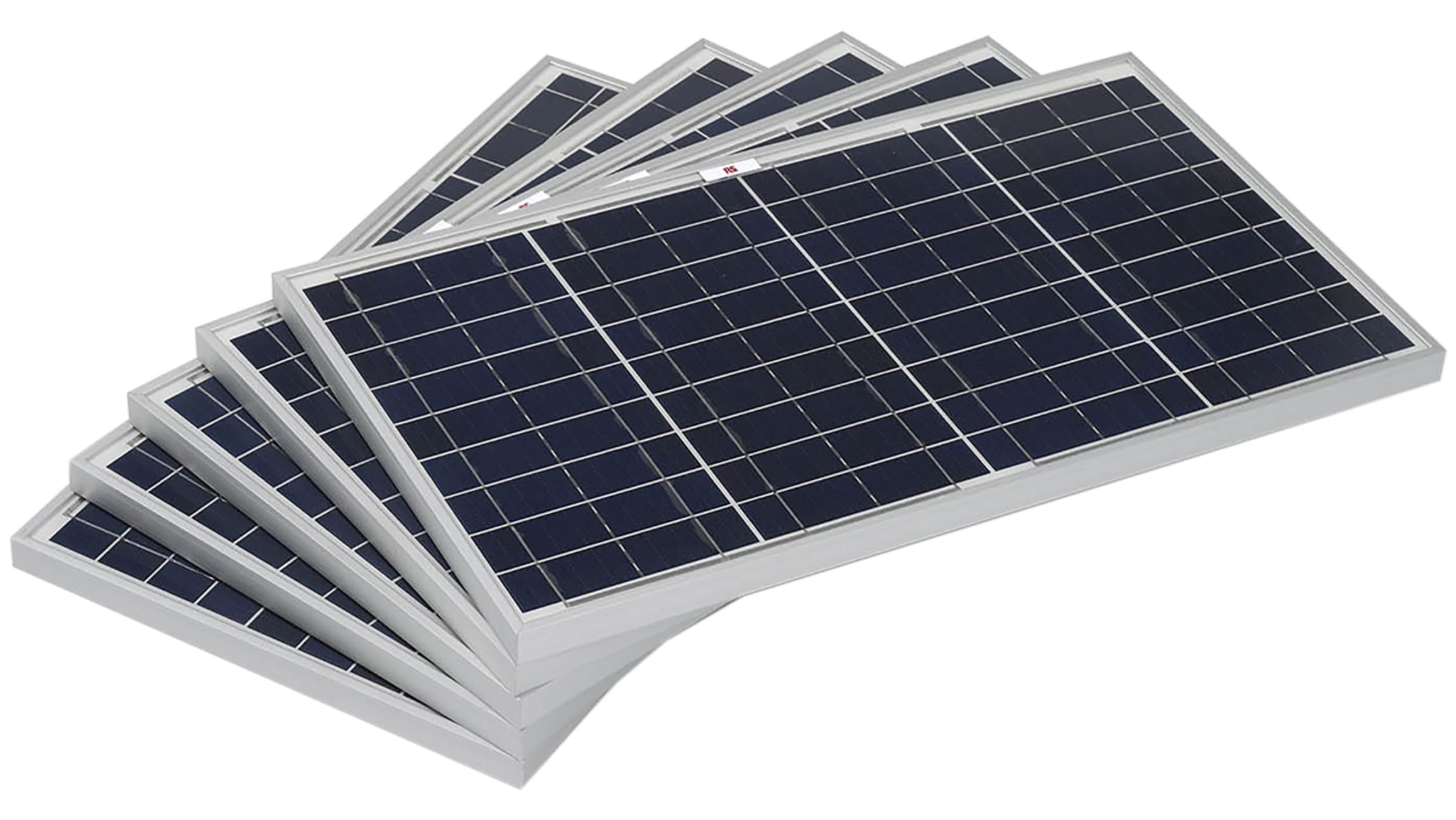Maximize Power Cost Savings With High-Quality Solar Panels
Making best use of energy cost savings via the use of high-grade solar panels is a diverse strategy that requires cautious factor to consider of technology, installment, and upkeep. Selecting high-efficiency choices, such as monocrystalline panels, can dramatically enhance electrical power generation, while longevity and warranty terms play an important duty in lasting financial feasibility. Additionally, recognizing the potential for federal government incentives can enhance the roi. The trip does not finish with the purchase; the subtleties of installation and continuous upkeep are similarly important to attaining optimal outcomes. What elements should home owners prioritize to ensure they realize these benefits totally?
Benefits of Solar Power
The advantages of solar power are various and significant, making it an increasingly attractive option for both household and industrial applications. One of the key advantages is its possible to decrease electricity expenses. By using sunlight, home proprietors can produce their very own power, reducing dependence on conventional energy sources and inevitably resulting in significant savings.
An additional vital advantage is environmental sustainability. Solar power is a clean, sustainable source that helps to alleviate greenhouse gas emissions, adding to a decrease in air contamination and climate modification. This straightens with global efforts to change towards more lasting power solutions.
Furthermore, solar power systems can increase residential or commercial property worth. Homes and companies furnished with photovoltaic panels frequently have higher resale values, interesting environmentally-conscious purchasers and capitalists. Furthermore, government rewards, such as tax obligation credit scores and rebates, can offset setup expenses, making solar power much more financially practical.
Lastly, solar technology promotes energy independence. By purchasing solar power, people and organizations can lower their susceptability to rising and fall power rates and supply disruptions, fostering greater control over their power sources. Jointly, these benefits underscore the compelling factors to take into consideration solar power options.
Selecting the Right Solar Panels
Picking the appropriate photovoltaic panels is a crucial action in making best use of the performance and advantages of a solar power system. When evaluating photovoltaic panels, numerous aspects ought to be considered to make sure ideal performance and lasting cost savings.
First, evaluate the panel's efficiency ranking, which suggests how properly it converts sunshine into electricity. Higher efficiency panels might have a higher ahead of time expense but can create more power in restricted room. Next, examine the service warranty offered by the supplier; a longer service warranty usually mirrors a higher degree of confidence in the item's sturdiness and efficiency.
Furthermore, take into consideration the sort of photovoltaic panel modern technology. Monocrystalline panels are understood for their high performance and space-saving design, while polycrystalline panels have a tendency to be more inexpensive however a little less effective. Bifacial panels, which record sunlight from both sides, are additional hints likewise gaining appeal for their prospective to boost power output.
Finally, perform an extensive testimonial of independent efficiency ratings and client testimonials to gauge dependability and complete satisfaction. By meticulously considering these elements, house owners can make enlightened selections that align with their energy needs and monetary goals, inevitably boosting the return on investment for their solar power systems.
Recognizing Installation Expenses
Recognizing the expenses connected with mounting photovoltaic panels is important for home owners looking to invest in renewable resource. The general installment expense can differ significantly based on several elements, including system size, panel type, installment intricacy, and geographical place.
Normally, the price is relied on a per-watt basis, with typical costs ranging from $2.50 to $3.50 per watt before any incentives. A standard residential system might set you back in between $15,000 and $25,000, depending upon energy needs and the picked parts.
Along with the panels themselves, property owners ought to consider expenditures connected to inverters, installing hardware, and electric upgrades. Labor expenses additionally play a crucial function, as professional installment makes sure compliance with safety criteria and regional regulations.

Ultimately, understanding these installment expenses and prospective monetary benefits is essential for house owners to make informed choices concerning transitioning to solar power.

Maintenance for Long-Term Financial Savings
Maintaining solar panels is critical for taking full advantage of lasting energy cost savings and making certain the system operates at peak effectiveness. Normal upkeep involves a number of crucial methods that can considerably boost the long life and performance of solar setups.
First, regular examinations should be conducted to determine any type of physical damages or wear, such as splits or loosened links. Cleaning the panels is likewise necessary, as dirt, dust, and particles can block sunshine, reducing energy output (Solar Panels). It is recommended to clean up the panels at the very least two times a year, or a lot more regularly in areas with high levels of dust or contamination
Furthermore, checking the system's efficiency via a surveillance software program can provide real-time information on power manufacturing and sharp house owners to any type of abnormalities. This proactive approach enables timely repairs, minimizing downtime and keeping optimum power generation.
Environmental Effect of Solar Energy
The environmental influence of solar power prolongs far beyond its instant benefits of reducing visit their website power costs and dependence on nonrenewable fuel sources. By harnessing sunshine, solar power substantially lowers greenhouse gas exhausts, therefore alleviating climate adjustment. Unlike traditional energy sources such as coal or natural gas, solar energy generation does not create air pollutants, adding to enhanced air quality and public wellness.
Furthermore, solar energy advertises biodiversity by decreasing the demand for nonrenewable fuel source extraction, which usually interrupts environments and habitats. By transitioning to renewable resource resources, we can protect all-natural landscapes and safeguard jeopardized types from environment loss.
The life cycle of photovoltaic panels likewise offers a lower ecological footprint contrasted to standard energy sources - Solar Panels. While making solar panels entails some resource usage and exhausts, improvements in modern technology and recycling procedures are continually minimizing these influences. Additionally, the lasting advantages of solar power-- such as decreased dependence on limited resources-- much surpass these initial expenses
Final Thought
In recap, the fostering of high-grade solar panels presents significant opportunities for energy savings and environmental benefits. By selecting suitable technologies, such as monocrystalline panels, and guaranteeing effective setup, property owners can enhance power generation in limited spaces. Additionally, understanding installation prices and upkeep needs additionally adds to long-lasting cost savings. The tactical alignment of solar panel selections with power requirements and government motivations boosts return on financial investment, promoting sustainability and decreasing reliance on standard power resources.